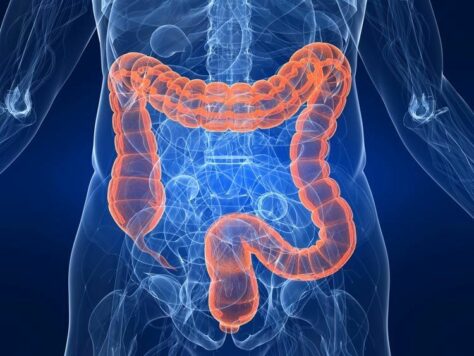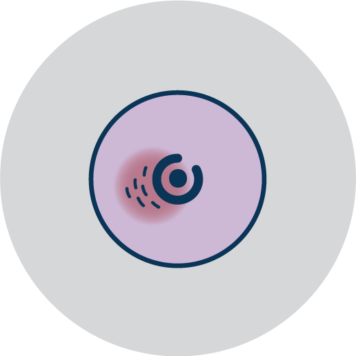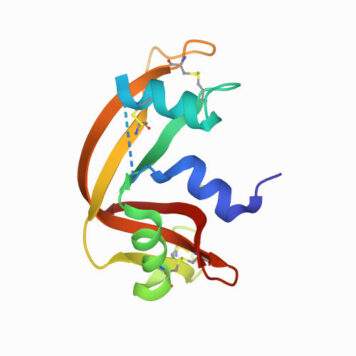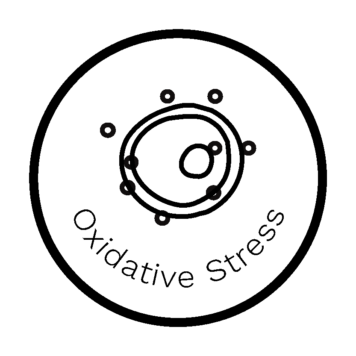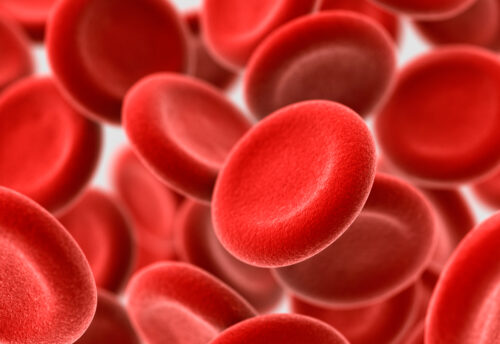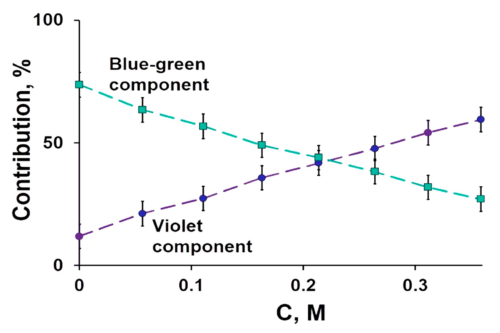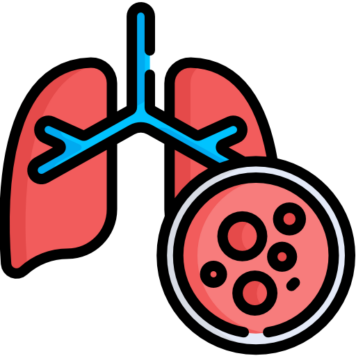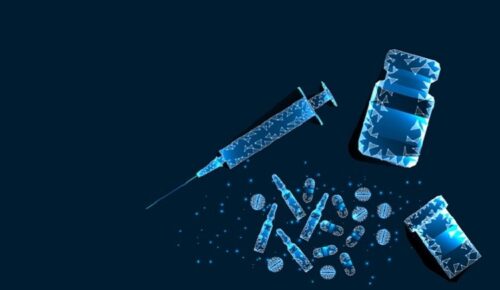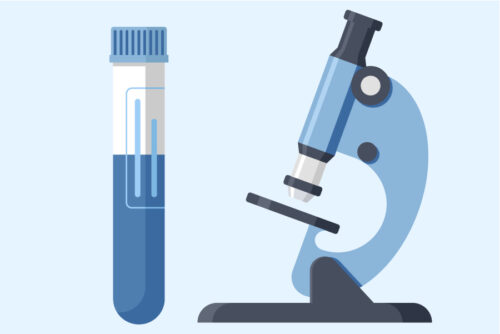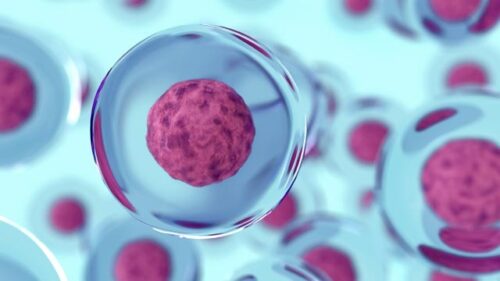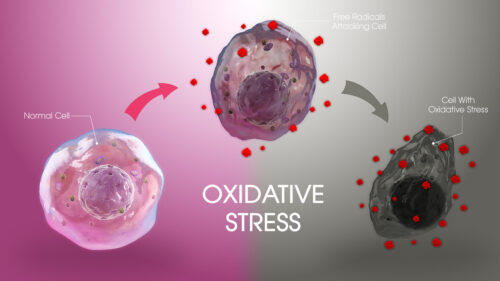Clinical use of doxorubicin continues to be challenged by its undesirable systematic toxicity, caused mainly by oxidative stress. The aim of this study was to investigate the effectiveness of fullerenol C(60)(OH)(24) polyanion nanoparticles, an antioxidant agent, against doxorubicin-induced nephro-, testicular, and pulmonary toxicity. Results obtained in vitro suggest that fullerenol’s anti-proliferative property and protective effect against doxorubicin cytotoxicity are mediated by the antioxidative and radical scavenging activity. Male Wistar rats were divided into five treatment groups: the control group (I) received 0.9% NaCl (1 mL/kg, i.p.). Groups II, III, IV, and V received a single dose of doxorubicin (10 mg/kg i.p.), doxorubicin/fullerenol (100 and 50 mg/kg i.p. of fullerenol 30 min prior to 10 mg/kg i.p. of doxorubicin), and fullerenol (100 mg/kg i.p.), respectively. On the 2(nd) and 14(th) days, organ samples were taken for the measurement of lipid peroxidation and activities of superoxide dismutase, catalase, glutathione-peroxidase, -reductase, and -transferase. Doxorubicin induced a significant increase of lipid peroxidation and alterations of antioxidant enzyme activities, while the fullerenol pre-treatment prevented the effects of doxorubicin on investigated parameters. Fullerenol, applied alone, did not alter basal values of the investigated animals. Considering the mechanisms of doxorubicin toxicity, it can be concluded that fullerenol exerts its protective role by acting as a free radical sponge and/or by removing free iron through formation of fullerenol-iron complex. Results of this study support the hypothesis of testicular, pulmo-, and nephroprotective efficacy of fullerenol in preventing oxidative stress induced by doxorubicin.
Related researches 41 articles

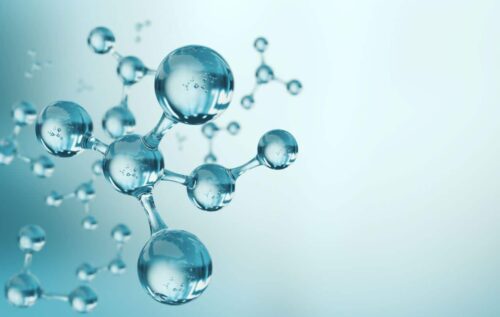
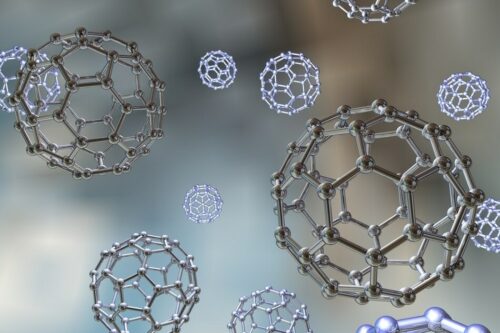

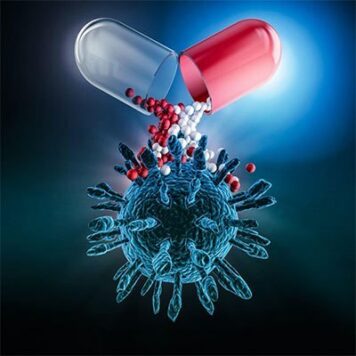
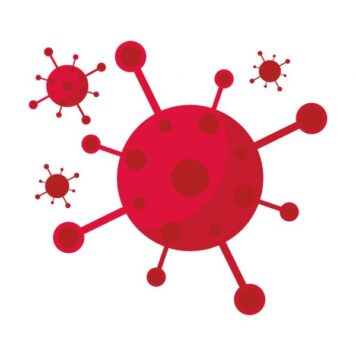
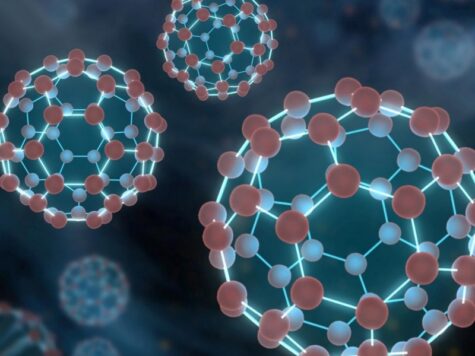


![Biocompatible [60]/[70] Fullerenols: Potent Defense against Oxidative Injury Induced by Reduplicative Chemotherapy](https://biofullerene.com/wp-content/uploads/2022/11/istockphoto-65584859-356x356.jpg)

